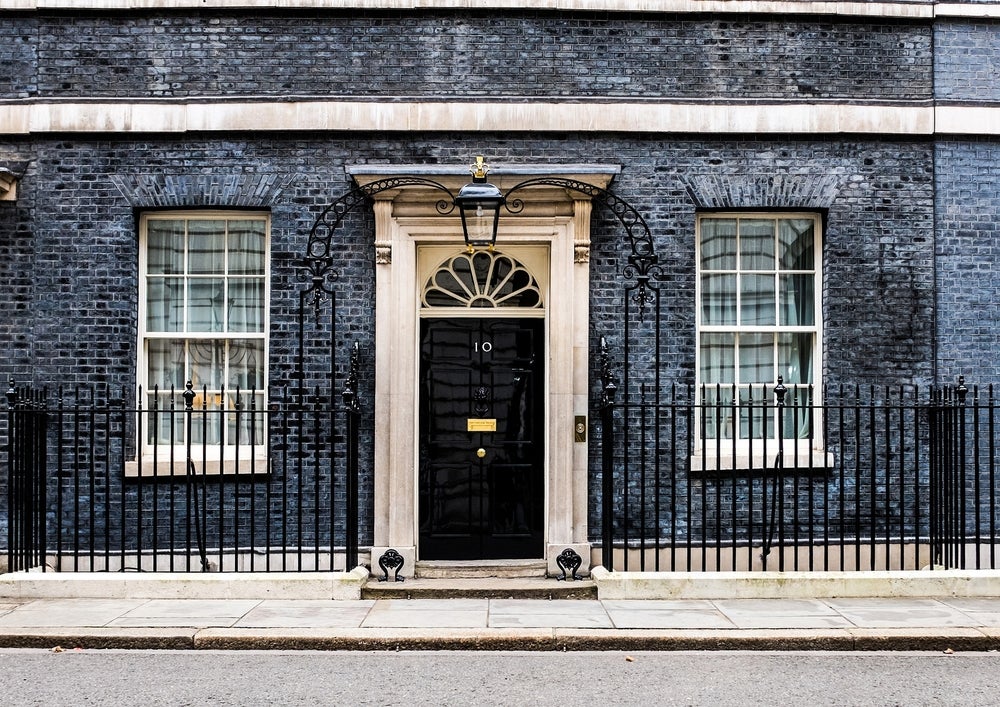Accounting and Corporate Regulatory Authority chief
executive Juthika Ramanathan has a busy job on her hands – to
position Singapore as a regional accounting hub. The
Accountant caught up with the nation’s top accounting
regulator to find more about this vision and other domestic issues
on the radar.
 Singapore’s accounting profession is determined to
Singapore’s accounting profession is determined to
stamp its mark as a leader of the pack in the region. The
government, in partnership with bodies such as the Accounting and
Corporate Regulator Authority (ACRA), is currently planning
strategies on how the nation can achieve this goal. In this
exclusive interview, ACRA chief executive Juthika Ramanathan
explains more.
TA: Can you please explain why Singapore would like to
become a regional accounting centre and what is being done to
achieve this goal?
JR: We see strong growth potential for the accounting sector in the
region as the sector will grow in tandem with the economic growth
of the area. We think that Singapore is well-placed to contribute
to the growth of the sector in the region given our economic
foundation as an international financial and business centre.
Singapore can value add to the regional growth
of the accountancy sector in providing a sound accounting education
infrastructure, in attracting the presence of many international
organisations, professional bodies and practice leaders from the
global firms.
How well do you really know your competitors?
Access the most comprehensive Company Profiles on the market, powered by GlobalData. Save hours of research. Gain competitive edge.

Thank you!
Your download email will arrive shortly
Not ready to buy yet? Download a free sample
We are confident about the unique quality of our Company Profiles. However, we want you to make the most beneficial decision for your business, so we offer a free sample that you can download by submitting the below form
By GlobalDataIn so doing, we hope to facilitate the growth
of Singapore as well as that of the region, as an accounting hub
for the profession and for corporations that do business with the
region.
The Singapore government has set up a high-level committee led
mainly by private sector leaders called the Committee to Develop
the Accountancy Sector (CDAS) to put together a strategic blueprint
on the way forward for the profession and Singapore to serve as a
regional accounting hub. CDAS will be making its recommendations in
the early part of 2010.
TA: What sort of role would Singapore like to play in
global standard-setting and influencing other accounting
issues?
JR: The Singapore Accounting
Standards Council (ASC) has been active in the global accounting
standard-setting process through participation in the International
Accounting Standards Board’s (IASB) various consultation processes.
We are also active in regional forums like the Asian-Oceanian
Standard Setters Group (AOSSG) where we are a “co-lead” with Japan
on the revenue recognition project and are a member of the
financial instruments recognition and measurement project.
Singapore also has a representative on the
IASB Standards Advisory Council as well as the IASB Tax Advisory
Panel.
There are many more areas in which Singapore
could contribute to global standard-setting, be it in terms of
providing high level research and development capabilities or
providing thought leadership and technical expertise for initiating
discussions and dialogues in the region.
TA: How does ACRA plan to grow the accounting sector, what
initiatives have been launched or are in the pipeline?
JR: We are committed to the efforts
to encourage the profession and sector to look for regional growth
opportunities and work collectively to build its strengths and stay
relevant to business needs locally and regionally as they
develop.
In fact, the initial measures we have taken
included a few immediate steps:
• Build on the strengths of the key value
propositions of the Singapore profession, which comprises
integrity, quality and trust, through the cornerstone event of the
ACRA Public Accountants Conference to raise awareness of emerging
issues and which serve as a platform to discuss current trends and
future developments of the profession and sector;
• On ACRA’s role, we work to promote greater
transparency of our regulation of the profession to enhance public
confidence in the work of the profession;
• To raise the professional competence of the
profession, we engage a collaborative partnership approach with the
professional bodies and other stakeholders to jointly develop
courses and talks. For instance, the development and skills
upgrading programmes for the profession, round table discussion on
the new Code of Ethics and eXtensible Business Reporting Language
(XBRL) taxonomy development; and
• In policy formulation, we actively pursue
public consultation exercises and documents which provided
information on the state of play; these public consultations had in
fact proven to be a useful foundation in the subsequent work
undertaken by the CDAS.
TA: What are some of the major capital markets and
auditing issues that have come out of the global economic downturn
and how is Singapore dealing with these?
JR: One positive development that we
can take away from the economic downturn is the recognition of the
value and the importance corporate governance has in ensuring the
effective functioning of the capital and financial markets.
The accounting profession is a key stakeholder
in the equation and should leverage on this positive development to
play an even greater role to help strengthen the foundation of the
capital markets.
The other immediate impact of the economic
downturn is that it has been accompanied with increased public and
regulatory scrutiny on the risks in the corporate financial
reporting and auditing environment.
Issues which have attracted the attention of
corporate regulators like ACRA include going concern; valuation of
financial instruments held at fair value; impairment of assets;
deferred tax asset recognition; provision for onerous contracts and
restructuring; disclosure in the financial statements and
off-balance sheet items; and communication with those charged with
governance.
In Singapore, we took a proactive step with
ACRA’s issuance of an Audit Practice Bulletin to put these issues
on the radar screen of the profession. We believe that early
engagements with the profession on emerging threats and concerns in
the audit and business environments will help to prepare
stakeholders in the market to be in a better position to manage and
handle the challenges brought about by the economic
conditions.
TA: Do you believe that the role and the scope of the
auditor are sufficient in light of the economic downturn? Should
the auditor’s role or scope be broadened to include, for example,
more investigative functions?
JR: While we recognise that auditors
play a key role in good corporate governance, it would be
unfeasible to expect the auditors to take over the roles which the
management and the board of directors play in corporate
stewardship.
The way things are, the state of the interplay
between the different agents in the corporate governance of each
company is unique and varies according to many different factors. I
believe that an alternative perspective could be that the auditor
should be ready, in season and out of season, to exercise
professional scepticism and to perform his work according to the
best of his professional standards and competence in the audit of
each company.
TA: Singapore recently announced it will adopt all IFRS in
full, which is already very similar to Singaporean standards. How
will this benefit Singapore’s capital markets and the accounting
profession?
JR: One of the desired outcomes in
aligning Singapore Financial Reporting Standards fully with IFRS is
it will further strengthen the attractiveness and competitiveness
of Singapore as an international business and financial hub. This
will also provide the assurance of comparability of the company’s
financial reports for both domestic and foreign investors in the
international capital market, and help lower compliance burdens of
Singapore’s companies when carrying out multiple jurisdictional
financial reporting.
TA: Recently, a new ethics code was launched in Singapore
based on the IFAC model. What are the major differences to the
previous code and what do you believe will be the
benefits?
JR: We have adopted the IFAC code as
part of our commitment to an internationally reputed framework.
Having said that, we should point out that our
previous code was also benchmarked to the IFAC code and other
international benchmarks.
We have always been committed to the same
principles of independence. One key difference and benefit of the
IFAC-based code is the fuller guidance it gives to practitioners,
such as the fuller articulation of the threats to independence and
the appropriate safeguards to eliminate these threats.
Another difference is that our previous code
had some ‘bright line’ rules which we have decided not to retain
where we feel that applying the principle can work better to meet
the spirit of the code.
For example, we had a 5 percent limit on the
economic interests that could be held in audit clients by audit
partners or staff not directly involved in an audit.
This bright line is not carried over to our
IFAC-based code because we feel the principle and guidance in the
code is rigorous enough without the bright line mark.
Sometimes 5 percent might be too much and in
other instances it is inconsequential.
I would say the advantage of this approach is
that it makes the auditor actively think through ethical issues,
rather than just applying a checklist which might not meet the
concern at hand.
Profile: Stanford gradute is Singapore’s top
regulator.







